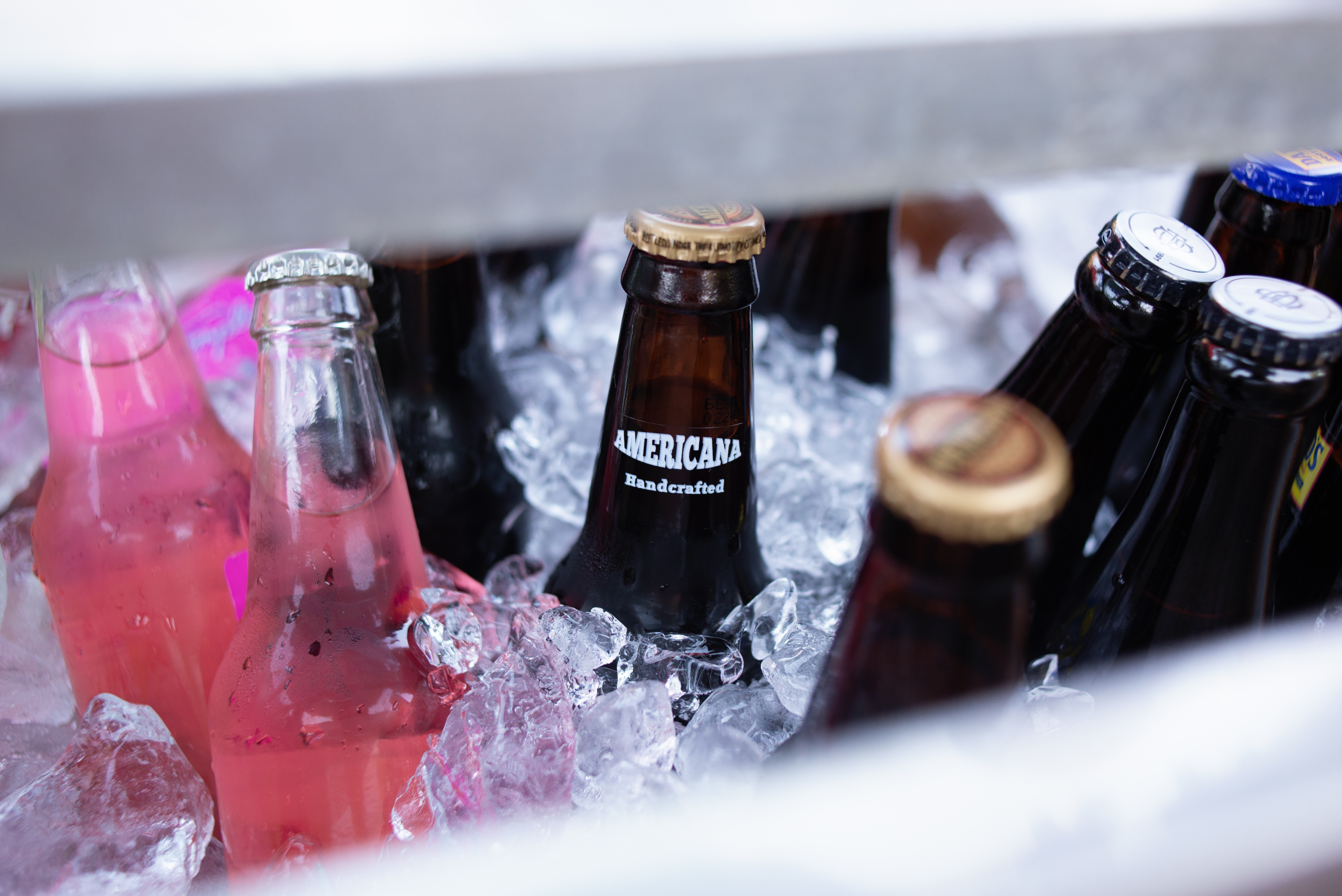Gender marketing is one of the most pervasive forms of audience-targeting. With the gender landscape so fraught with tension right now, any choice a brand makes to stand apart from the crowd using this tactic will reverberate across media (and not always in a good way, #LadyDoritos and #BICforher).
The alcohol industry is historically male-dominated, from the classic image of a suit-and-tie sommelier to the masses of craft beer labels that cater to some version of an axe-toting, plaid-wearing hipster dude. A few companies have recently unveiled new products to coincide with Women’s History Month in March and International Women’s Day. Are they commendable, or patronizing?
Jane Walker Black Label Scotch is an iteration of Johnnie Walker, featuring a woman striding across the bottle instead of their iconic Striding Man. Taken by itself, the bottle looks classy and hey, I would kick back some spirits on the rocks with Jane Walker; plus their message, “With every step, we all move forward,” resonates with me. But Diageo, owner of the brand, probably should have left it at their headliner—because when Vice President Stephanie Jacoby said, “Scotch as a category is seen as particularly intimidating by women,” there was a lot of backlash. Diageo is one of the few liquor companies whose pay gap has actually been reported to be in favor of women, but it’s hard to know what to make of another piece of conflicting information stating that their hourly pay is still 4.1% lower than the rate for their male employees. So, is this label really a step in the right direction, or is it patronizing?
It must be very tempting to pander to clichés and stereotypes; it’s an easy sell. But Brewdog attempts to take this tongue-in-cheek. The beer company has come out with Pink IPA as a twist on their flagship Punk IPA in time for International Women’s Month. By some, it has been received as a marketing stunt, though not across the board. Changing the name and slapping on a pink label in mockery of most brands’ lazy efforts to market to women is not the extent of their strategy: they are selling Pink IPA to those who identify as women at 80% less of the price of their other beers to highlight the pay gap in the UK that for some reason, in 2018, still exists; and for four weeks, 20% of their proceeds will go to efforts and organizations that strive to end gender disparity (9to5 and The Women’s Engineering Society).
Gender marketing goes the other way, too, affecting male consumers and their drinking choices with stereotypes. Some men may feel ashamed to purchase and drink rosé wine because they feel emasculated. But…that sounds more like a personal problem rather than a policy roadblock to overcome. Maybe they should save the complaints until that shame is accompanied by a significant wage gap, shrinking reproductive rights, or workplace harassment.
A lot of criticism towards these campaigns comes from the perspective that the alleged progress being made is not tangible—marketing whiskey to women isn’t going to break any glass ceilings—and in fact, appears patronizing. There is a fine line to straddle between being all-inclusive vs. tapping into gender-based marketing as a way to latch onto a “trend” and increase sales. Is an all or nothing approach better or worse than the methods these companies are currently employing?
There are many positive examples of women breaking gender stereotypes in the alcohol industry and overcoming tired biases. Women-owned wineries, sommeliers, wine directors, and movements like #OurWhisky that do not attempt to swoop down on women and “include” us in the conversation like popular kids including the unpopular ones on the playground because their parents told them to (and then patting themselves on the back for it): these are just a few examples of authentic, organic ways in which women are breaking barriers in the alcohol industry. There are many movements that are looking at gender inequality honestly, and are uniting and celebrating the diversity of who drinks what.
Because in the end, it’s important to drink what you like to drink. Are you a man who wishes to drink rosé? Please, do so, and try to refrain from calling it “brosé” to excuse yourself. Are you a woman who enjoys whiskey on the rocks? Excellent; I hope you don’t need to wait for someone to serve you Jane Walker before you feel brave enough to drink it.


